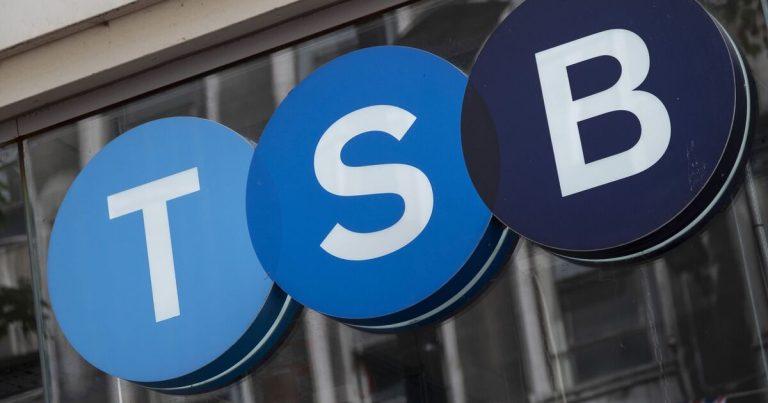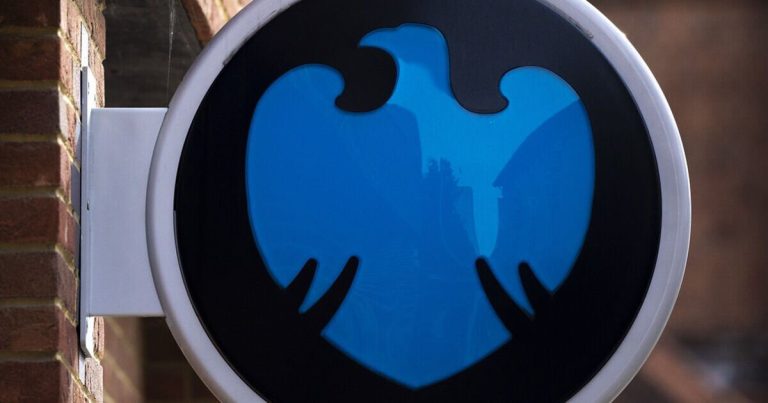
Rising prices for houses and other assets mean more people are being hit by inheritance tax.
The 40 percent tax applies to any inherited assets above the threshold, which is £325,000 for an amount inherited from a single person or £650,000 from a couple.
This tax bill can amount to tens of thousands of pounds and has to be paid before six months after the person has died.
Receipts for the tax hit £600million in April 2023 according to HMRC figures, which is £100million higher than April 2022.
Fortunately, there are several ways a person can arrange their finances to reduce the amount of their estate that can be hit by the tax when they pass it on to their friends or loved ones.
READ MORE: Ditch ‘flawed’ Pension Credit for £1,280 ‘living’ state pension, campaigners demand
Alex Davies, CEO and Founder of Wealth Club, said: “In some circles, inheritance tax is already called the voluntary tax because so much can be avoided or mitigated through government backed investment schemes and careful tax planning.
“Writing a will is a good start. If you don’t your assets will be distributed according to intestacy rules and could be subject to IHT which could otherwise be avoided.”
One common way for a person to reduce their inheritance tax liability is to reduce the size of their estate by giving away IHT-exempt gifts.
Mr Davies explained: “Gifts taken out of regular income, which are not deemed to affect the giver’s standard of living, are inheritance tax free on day one – as are certain smaller gifts.
“Timing is key as you can give unlimited amounts away but typically these take seven years to be completely inheritance tax free.
“Of course, once you give away the money you’ve lost control. If you need it back for an emergency, that’s not an option.”
A person can give away up to £3,000 a year split between any number of people, and can separately give a gift of up to £250 to any number of people.
An individual can also gift a larger amount but they have to live for another seven years for this larger gift to avoid IHT.
There is also the option to give tax-free gifts to a person who is getting married or entering a civil partnership.
This includes up to £5,000 to a child who is getting married, £2,500 to a grandchild or great-grandchild, or £1,000 to any other person.
Mr Davies also said a person can reduce their liability by investing in companies that get Business Property Relief. These investments will usually become IHT-free after two years.
He also mentioned the option of AIM ISAs, where the funds are invested in businesses that qualify for Business Property Relief. Mr Davies warned this is a “riskier” investment but after two years the investment could be exempt from IHT.
Funds invested in other types of ISAs are not inheritance tax free. However, funds in a pension are typically not subject to inheritance tax.
Alec Collie, head of Medical at Wesleyan, urged people to consider investing in pensions to reduce their IHT liability, particularly after a recent change to pension rules.
He said: “Another announcement made by Jeremy Hunt in his latest Budget was to increase the annual allowance – the amount of money that people can put into their pension every year without paying tax on it – from £40,000 to £60,000.
“The Lifetime Allowance is due to be scrapped from April 2024 too. Though this plan hasn’t been finalised yet, the LTA tax charge on pension savings in excess of the LTA has already been abolished.”
He also suggested moving funds into a trust as these will no longer be considered part of a person’s estate when they die.
Mr Collie said: “There are many types of trusts and some trust arrangements do allow access to the original funds. It’s a complex area, so proper advice should be sought when making these arrangements.”
For the latest personal finance news, follow us on Twitter at @ExpressMoney_.






